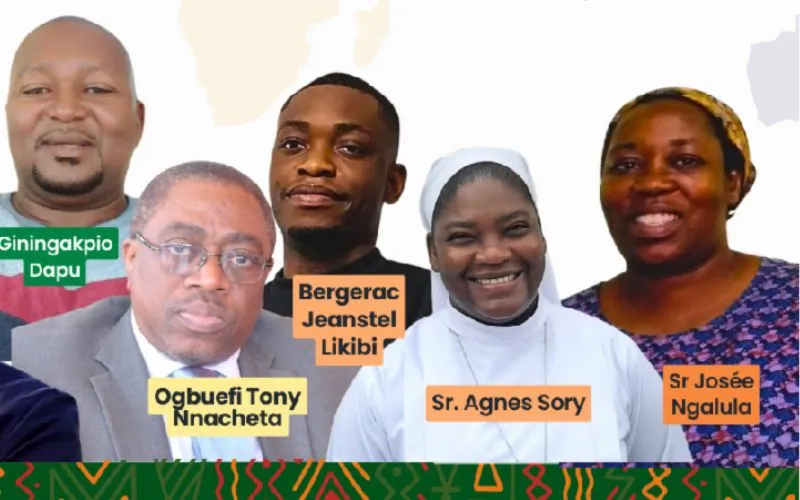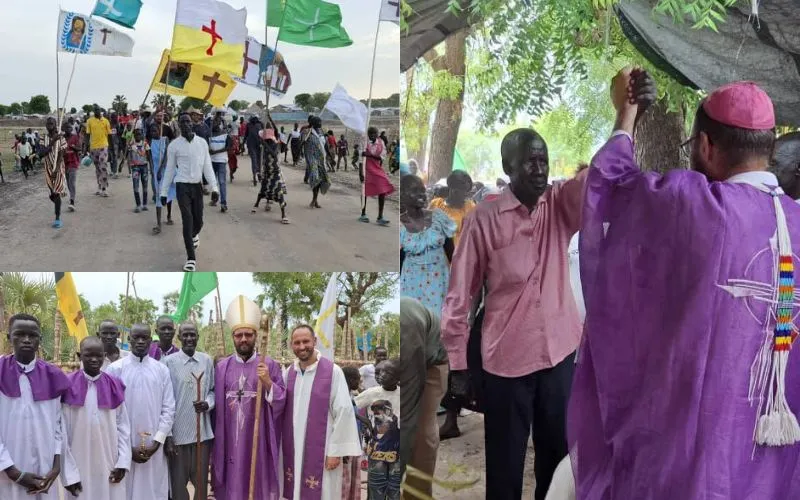Nairobi, 03 August, 2024 / 9:27 pm (ACI Africa).
It is highly unlikely that the Catholic Church in Nigeria will cheer up to married men being ordained Deacons, a participant at the ongoing synodal conversations has said, noting that the West African nation is not ready for such a ministry.
According to Ogbuefi Tony Nnacheta, changing the long-standing tradition in Nigeria that only celibate men qualify as Clergy will cause “more than a storm” in the country.
“Any small change within the catholic Church is always a shocker to the people. This reminds me of how shocked the faithful were at Vatican II when the Priests had to face the people,” the Grand Knight of St. Mulumba in Nigeria’s Catholic Archdiocese of Lagos said at the July 26 event.
In Nigeria, the Catholic Church sets itself apart for its celibate ministers Nnacheta said in his presentation at the virtual event that the Pan-African Catholic Theology and Pastoral Network (PACTPAN) organized in collaboration with the Conference of Major Superiors of Africa and Madagascar (COMSAM).
“At the present, we have examples of the Pentecostals and other denominations, and the main differentiation with the Catholics is our celibate Priests. The faithful are okay knowing that they don’t have to spend money on the wife and children of Church ministers like others in other denominations do. When you remove that you remove a cardinal pillar of the Roman Catholic Church in Nigeria,” he said.








